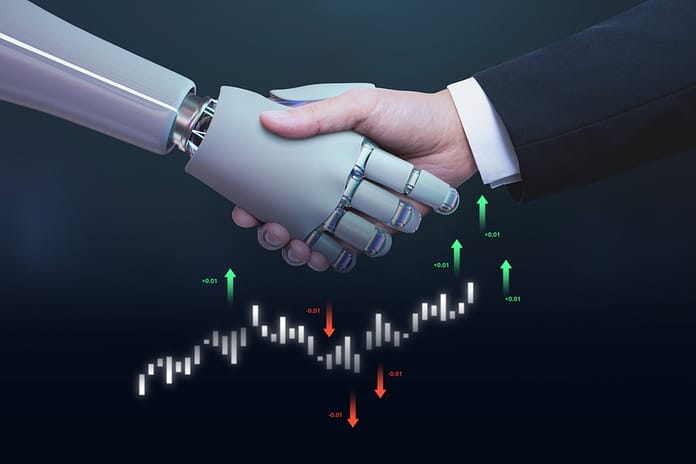Artificial Intelligence (AI) is no longer a futuristic concept; it’s a reality transforming efficiency and competitiveness worldwide. With AI-driven intelligent automation, companies can streamline operations, cut costs, and improve the customer experience. For entrepreneurs, IT leaders, and innovation enthusiasts, understanding how these solutions transform business processes is essential.
In today’s fast-paced and competitive business landscape, operational excellence is crucial to maintaining agility and achieving sustainable growth. To achieve cutting-edge processes, intelligent automation leverages AI technologies such as computer vision, Natural Language Processing (NLP), Machine Learning (ML), and Generative AI (GenAI). Through a comprehensive approach, this vertical ensures seamless integration with Robotic Process Automation (RPA), ensuring continuous monitoring and a data-driven focus to maximize efficiency and ROI.
How does this change business processes?
The adoption of AI-powered automation is fundamentally changing the way companies operate and deliver services. Using predictive models and natural language processing, we can identify behavioral patterns, anticipate needs, and deliver more accurate, real-time responses.
This type of applied intelligence reduces service time, improves assertiveness in communication, and reduces friction throughout the journey. Not to mention that, by automating what’s repetitive, teams can focus on situations that truly require empathy, negotiation, or creativity. The result is a gain in efficiency, but also in the customer’s perception of value.
AI-driven automation analyzes data in real time, providing actionable insights that help businesses make faster decisions. Furthermore, it can handle larger workloads without proportionally increasing costs, making it easier to scale operations and meet growing demands.
According to an IBM study, 41% of Brazilian companies already incorporate some form of artificial intelligence into their operations, a result of a greater interest and search for automation, efficiency, and scalability.
Challenges in implementing AI automation
One of the biggest challenges lies in data structure. AI requires quality input to deliver good results, but in some cases, companies struggle to organize this information in an accessible, integrated, and contextualized way.
Another point is adaptation between departments. For automation to truly work from an experience perspective, the tool must be aligned with business objectives, service strategy, and technology infrastructure. When this isn’t the case, results tend to be limited or disconnected from the customer’s reality. Furthermore, there’s the challenge of balancing efficiency with empathy and ensuring the journey remains human, fluid, and relevant. AI should be a bridge, not a barrier.
Another key issue is data protection and security, as companies process large volumes of sensitive data. It’s crucial to implement robust security measures to ensure the integrity and confidentiality of information. These challenges demonstrate that careful planning and continuous adaptation are necessary to reap the full benefits of technology.
The Future of AI Automation
AI-powered automation is revolutionizing the way businesses operate, delivering unparalleled efficiency, accuracy, and innovation. As industries continue to embrace this combination of AI and automation, the opportunities for growth and transformation are limitless.
The future of intelligent automation is immensely promising, as it empowers organizations to optimize their processes, make more data-rich choices, and stay ahead of the competition in an increasingly dynamic, technology-driven landscape.


